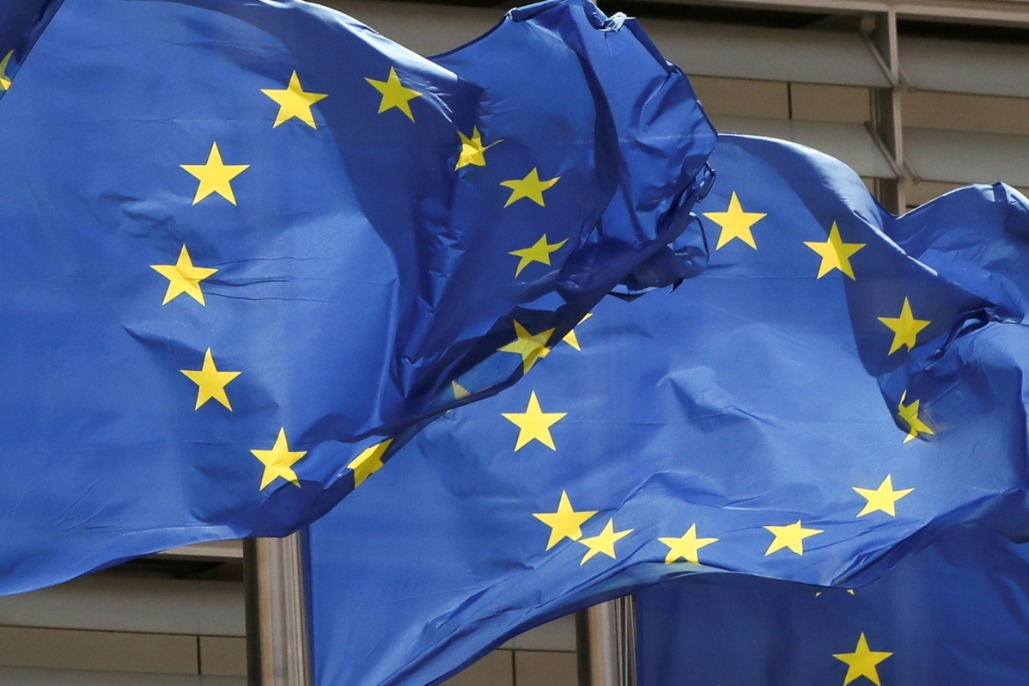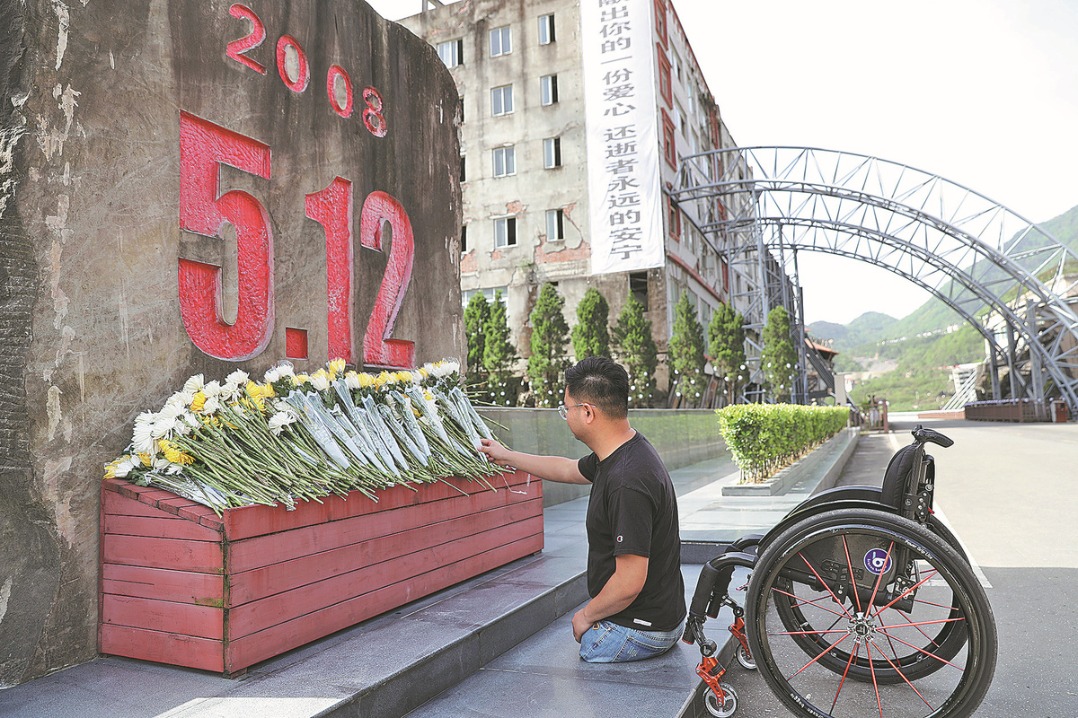An order in transition


With the rise of the Global South, the pressure for reform of the global governance system is growing
The G7 led in creating and maintaining the post-World War II global economic order. But in recent years, there have been persistent calls for an overhaul of this order.
Responding to these calls, in 1999 the group extended membership to 12 other countries as well as the European Union. The G20 was born. But the pressure for reform continued.
The financial crisis of 2007-08, the result of violations of rules for prudent lending, threatened to unleash an economic meltdown on the scale of the Wall Street Crash of 1929.
To its credit, the United States led the effort to return the global economy to normalcy with swift steps — guaranteed funds, lowered interest rates, increased liquidity, the injection of capital into banks and lower taxes. Other countries took similar steps, albeit on a smaller scale.
In addition, participation was elevated to heads of state. And the G20 began the now familiar rotating of the hosting of the summits among its member countries.
In the most recent response to calls for reform of the G20, membership was extended to the African Union in 2023.
Today the G20 accounts for about 85 percent of global GDP in terms of purchasing power parity, over 75 percent of global trade, and roughly two-thirds of the world's total population.
But simply expanding the G20's membership seems to miss the point of the call for reform. Broadly stated, the call for the reform is driven by the conviction that the rules of the Western-dominated world order, especially those for global economic governance, are stacked against the Global South and serve to promote Western interests and values at the expense of all others which are just as deserving.
Hence, BRICS was launched in 2009 by Brazil, Russia, India and China, and later South Africa, as a platform for the Global South to voice its concerns and needs. Now the expanded BRICS has grown to include Egypt, Ethiopia, Iran, Saudi Arabia and the United Arab Emirates. And there is a long waiting list.
Work is under way to create the institutions that will enable the expanded grouping to serve its members on the global stage. This work includes the New Development Bank, mechanisms to facilitate non-dollar denominated transactions as well as trade and investment in local currencies, and diversifying currency reserves.
So far, the expanded BRICS represents roughly 45 percent of the world's population and accounts for more than one-third of the global economy. The GDP of the expanded BRICS is larger than G7 economies combined.
Significantly, Brazil, China, India, Russia, Saudi Arabia and South Africa are members of both G20 and the expanded BRICS.
Against this background, Brazil hosted the 19th G20 Summit in November.
The presentations of the host of the summit, Brazil's President Luiz Inacio Lula da Silva and those of the standard-bearers of G20 and BRICS, were a snapshot of a global order in transition.
Chinese President Xi Jinping called on the G20 to continue being constructive in global governance by supporting the United Nations and its Security Council in its lead role of fostering the peaceful settlement of crises. China, too, joined other G20 members in supporting the Global Alliance Against Hunger and Poverty while highlighting China-led flagship initiatives ranging from trade to food security.
As President Xi mentioned in his speech in Rio de Janeiro, progress will be achieved by improving global trade based on openness, prioritizing economic development, liberalizing trade and investment, reforming the World Trade Organization and restoring the trade dispute-settlement mechanism. Above all, the key to progress is avoiding unilateralism and protectionism.
Taken together, these suggestions from China carry a common message: the challenges facing the world are two-fold, namely carrying out structural reform in terms of making changes in the control of the engines of the global economy, and summoning the will to subscribe to, and adhere to rules.
Just as President Lula stated, the world needs to review the UN Charter itself.
For President Lula, that review should be extended to the Bretton Woods institutions which have contributed to making the external debt of small- and medium-sized economies unsustainable. Hence, there is a need for a new global economic order with a renewed financial architecture. Above all, there is a need to come to terms with the reality that "the future will be multipolar".
Coming as it does from a member of G20 and a pillar of BRICS, this is a broad indictment of the global order that rose from the ashes of World War II and in the absence of much of today's Global South.
All in all, the G20 Rio de Janeiro Leaders' Declaration presented the summit's consensus on social inclusion, the fight against hunger and poverty, measures for the energy transition, the global governance reform, and the acceleration of climate action.
But the devil is in the details. Clearly, the transition continues.
The author is a former economist with the World Bank and an advisor for the Kenyan government. The author contributed this article to China Watch, a think tank powered by China Daily.
The views do not necessarily reflect those of China Daily.
Contact the editor at editor@chinawatch.cn.


































